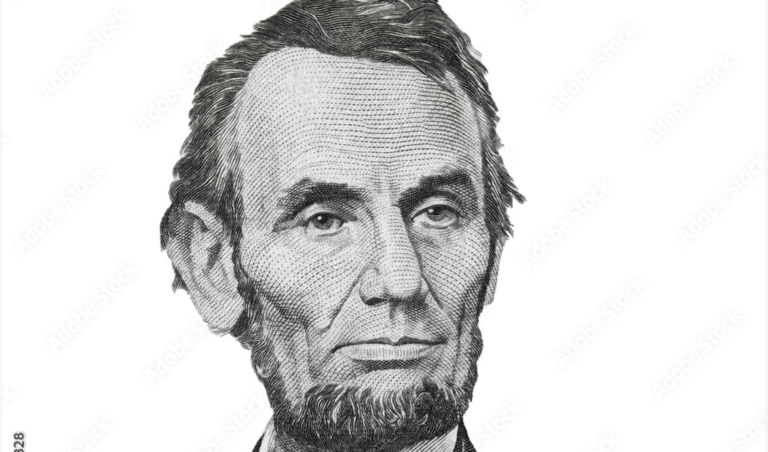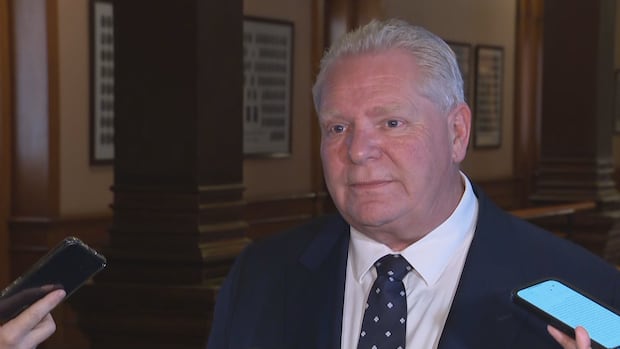Abraham Lincoln was an American hero — but a flawed one. As we celebrate his essential contributions to our country, let’s also acknowledge some ugly truths that reflect the times in which our our 16th president lived.
But First, Yes, Of Course, We Know

Credit: C/O
Of course President Lincoln was far more advanced in his time than many of his white contemporaries. Juneteenth marks the day in 1865 that Gordon Granger, a general in the Union Army, led thousands of Union troops into Galveston, Texas, to enforce Lincoln’s Emancipation Proclamation ordering the end of slavery.
Context is important. Lincoln took a bold and courageous stand for his time.
But it’s also important to understand our country’s real history, and not just the most cheerful version of it. So here are some ugly truths about Lincoln, that go along with the laudable ones.
Lincoln Cared More About Preserving the Union Than Ending Slavery

Credit: C/O
Lincoln’s main goal during his presidency, which began just before the outbreak of the Civil War in 1861, was to preserve the Union — not to free slaves.
Christopher Bonner, a historian at the University of Maryland, says in Netflix’s historical documentary Amend: “Lincoln understands that slavery is bad, which is a good start. But he says that if I could save the Union without freeing any slaves, I would do so.”
“He has got to get the South back, and at this point, he’ll do whatever it takes to win, even if it’s at the expense of Black Americans,” Smith says of Lincoln’s thinking at the time.
You don’t have to take the documentary’s word for it. You can read Lincoln’s August 22, 1862 letter here, in which he states: “If I could save the Union without freeing any slave I would do it, and if I could save it by freeing all the slaves I would do it; and if I could save it by freeing some and leaving others alone I would also do that.”
He Didn’t Always View People of Color as Equals

Abraham Lincoln on February 9, 1864. Library of Congress – Credit: C/O
In 1861, Abraham Lincoln invited a group of African-American leaders to the White House, according to Columbia University historian Eric Foner. But instead of having a discussion about improving racial equality in America, he further underscored their inequality.
In Amend, Pedro Pascal reads the address that Lincoln delivered that day.
“Your race are suffering, in my judgment, the greatest wrong inflicted on any people,” he said. “But even when you cease to be slaves, you are yet far removed from being placed on an equality with the white race.”
Lincoln Blamed the Civil War on Black Americans

President Lincoln, writing the Proclamation of Freedom. January 1st, 1863 / painted by David Gilmour Blythe. Library of Congress. – Credit: C/O
In his aforementioned address, Abraham Lincoln continued:
“Consider what we know to be the truth, but for your race among us, there could not be war.”
Again, you don’t have to rely on Netflix to research this. Here is a link to a primary source, “Lincoln’s Address on Colonization to a Deputation of Colored Men.”
Lincoln Wanted to Relocate Freed Black Americans to a Colony in Central America

“Lincoln at home,” an Andrew O’Connor portrait of Lincoln and family. Library of Congress – Credit: C/O
“There is an unwillingness on the part of our people, harsh at it may be, for you, free colored people, to remain with us,” Lincoln added. “It is better for us both, therefore, to be separated. The place I am thinking about having for a colony is Central America.”
Yes, at one point, Lincoln wanted to remove Black people from the U.S. altogether.
“Part of what Lincoln is doing here is trying to get at that gnawing uncertainty in Black people that maybe we can’t actually belong in this country,” Bonner notes. “He’s saying, we all understand that equality is what this country’s supposed to be about, but really, racial equality is not gonna happen, so get with the program.”
More Detail

Mural of Abraham Lincoln and Frederick Douglass by William Edouard Scott, at the Recorder of Deeds building, built in 1943. Library of Congress. – Credit: C/O
Frederick Douglass, the famed abolitionist who traveled the country speaking about his own experiences as a freed former slave, was furious at Lincoln, according to Bonner.
His solution? To convince Lincoln that he needed Black Americans to win the war, thus encouraging white Americans to view Black Americans as equals.
Douglass argued that Lincoln couldn’t win the war without abolishing slavery and that Black men were essential to the war effort, saying that men “who would be freed themselves must strike the blow.” His logic was that if Black men shed their blood to fight for their country, then they must be considered citizens. (The painting above depicts him urging Lincoln to let Black men fight for the Union Army.)
“Douglass is convinced they will prove they are citizens, that they’re deserving of rights, and that they’re deserving of legal equality,” Bonner adds.
The Main Reason Abraham Lincoln Signed the Emancipation Proclamation? To Win the War

“Storming Fort Wagner,” Kurz and Allison, Library of Congress – Credit: C/O
Douglass’ plan worked: Although at the time Lincoln couldn’t “conceive of the United States as a biracial society,” as Foner points out, “his views will begin to move forward very dramatically.”
Foner adds: “The Emancipation Proclamation is issued as a military order. It’s to help win the war.”
The painting above depicts the 54th Massachusetts Regiment, the first all-Black Union regiment, fighting for their country and freedom.
Disagree?

Credit: C/O
Feel free to share your objections in the comments and share sources. We love open debate about our country’s history.
Thank You for Reading This List of Ugly Abraham Lincoln Facts No One Likes to Talk About

Warner Bros. – Credit: C/O
You might also like this list of Based on a True Story Movies That Are Mostly True, including Malcolm X, above.
Amend: The Fight for America is now streaming on Netflix.
Main image: William Willard’s 1864 portrait of Abraham Lincoln. National Portrait Gallery.
#Ugly #Abraham #Lincoln #Facts #Likes #Talk











Leave a Reply